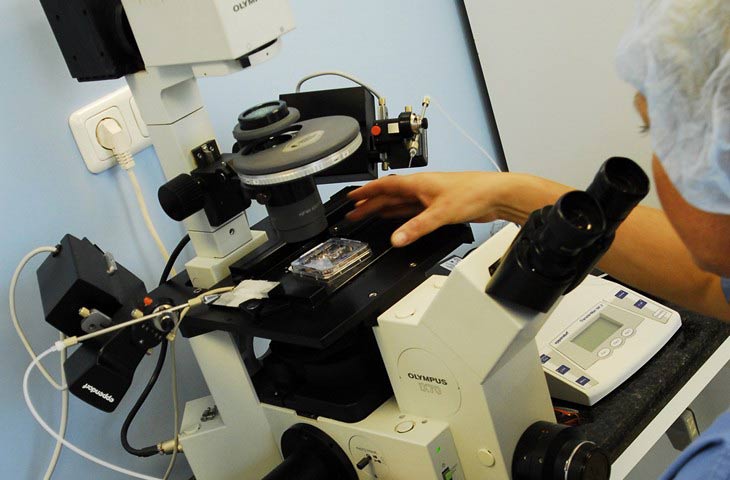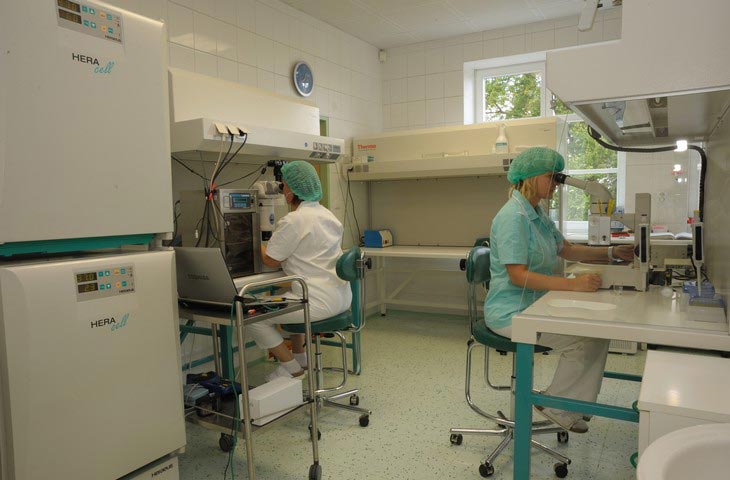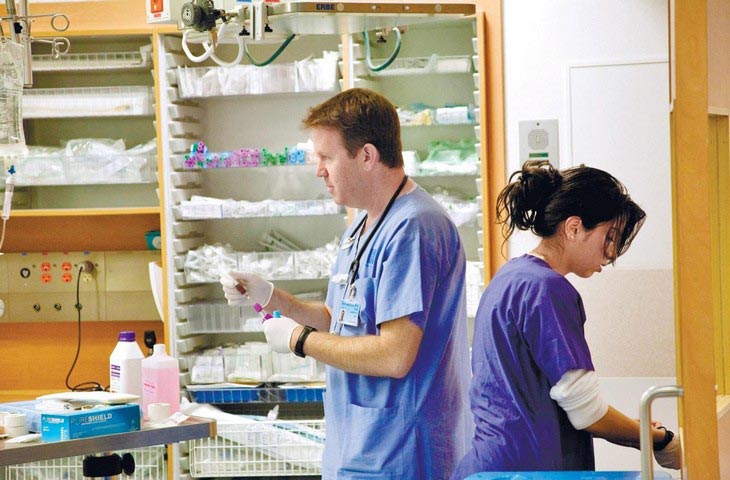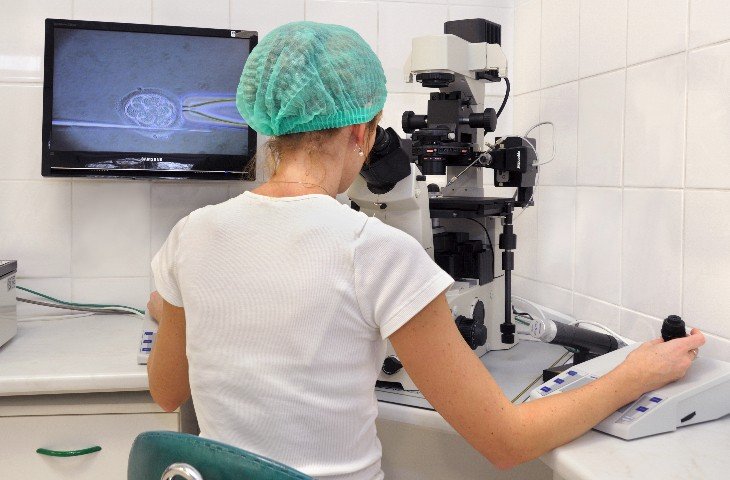Benefits of infertility treatment overseas
Chances are, you know that infertility is a biological inability of a person to conceive regardless of regular sex without contraception. If you are trying to get pregnant for at least 12 consecutive months and you are under 34, or at least half a year and you are over 34, consider visiting a specialist.
But don’t worry - you are not alone. According to the World Health Organization, around 15% of couples worldwide face troubles getting pregnant (7 million in the US, 3.5 million in the UK, 10 million in China, and 5.5 million in Russia).
Infertility may be caused by female factor (endometriosis, tubal ligation, ovarian cyst), male factors (low sperm count, impotence, vasectomy) or both (obesity, old age, birth defects).
Fortunately, today you have access to numerous assisted reproductive technologies including IVF:
- in vitro fertilization (IVF)
- intracytoplasmic sperm injection (ICSI)
- gynecological surgery
- egg donation
- embryo freezing
- surrogacy (if allowed by local legislation)
- etc.
In the US alone, 200,000 babies were born through IVF since its introduction in 1981.
5 questions to ask your fertility specialist during your first appointment at an overseas clinic:
- What type of treatment would you recommend trying first?
- What is the national success rate, in terms of live births, for each of these treatments?
- Could lifestyle factors such as smoking, alcohol, or stress be affecting my fertility?
- What medicines are used to treat infertility in women?
- At what age, or after how many failed cycles, do you recommend the use of donor eggs?
Patients interested in IVF overseas also read about kidney treatment, neurology, and immunotherapy.







